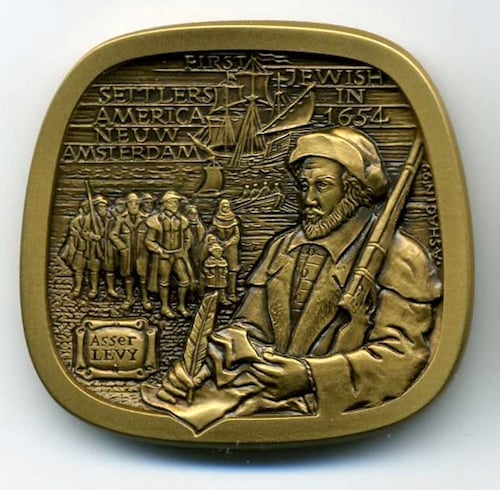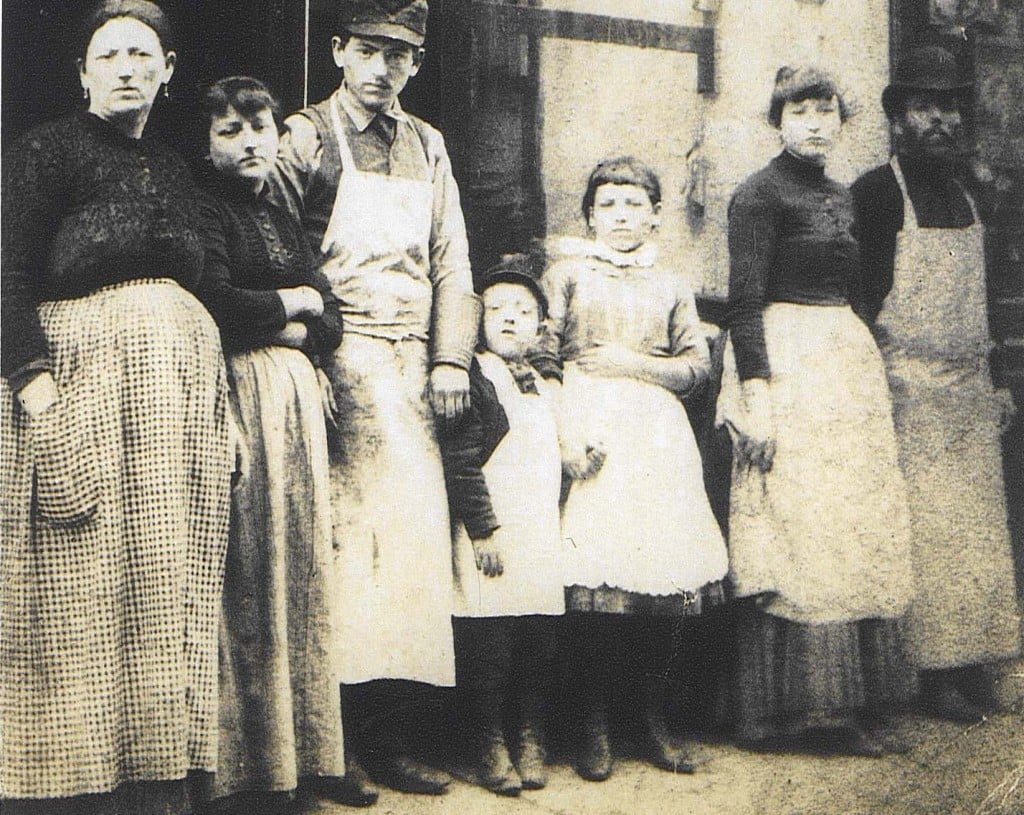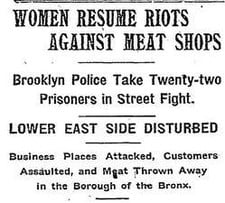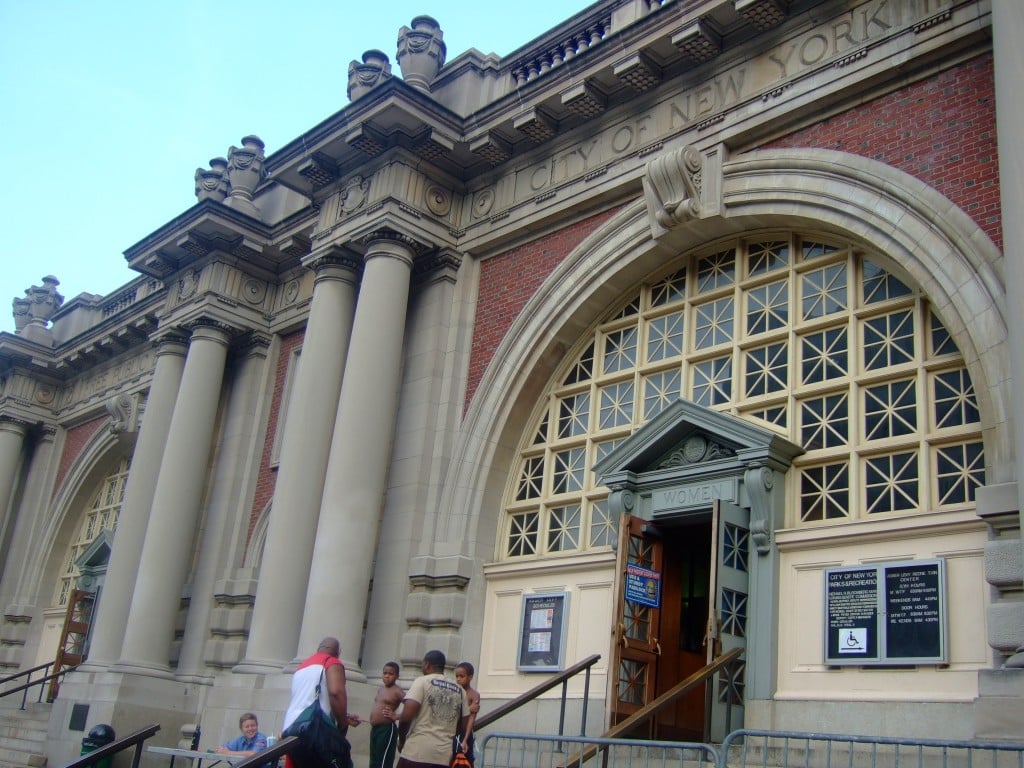Blog Archive
Keeping Kosher in 17th Century New York City
November 15th, 1660 was, by any means, a normal day in the small Dutch-controlled hamlet called Nieuw Amsterdam. People went about their business, shipping at the busy ports or farming in far-away villages like Haarlem or Breukelen. On this nondescript day, a nondescript event took place that would begin a tradition in New York City; a tradition that would one day find itself in the basement of 97 Orchard Street. One shop owner, a man named Asser Levy (sometimes referred to as Asher Levy), received a license to serve as a kosher butcher in New York City.
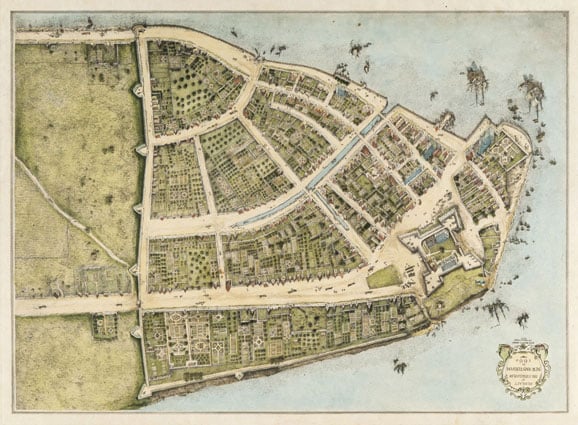
A 1916 redraft of the Castello Plan of New Amsterdam, 1660. Photo courtesy of the New York Historical Society.
For those of you who may not know what the term kosher means, it is the Jewish law that states that only meat from certain animals that was slaughtered and blessed by trained and certified specialists, can be eaten. This means that a kosher butcher is absolutely essential to a Jewish population.
Levy was a very prominent citizen of early New York City and probably one of its first Jewish inhabitants. In 1657, he petitioned the city to allow Jews to be considered burghers, or middle-class citizens, for only burghers had the right to trade within the colony. Levy was also the first Jewish man in North America to own a house.
So what does any of this have to do with 97 Orchard Street? Because at the turn of the 20th century, there was a kosher butcher shop in the basement of our building! Israel and Goldie Lustgarten operated the butcher shop from 1889 to 1902, when they were put out of business by some pretty amazing circumstances.
In 1902, the women of the Lower East Side, tired of the escalating price of meat, took their frustrations out on the Lustgarten’s window – with a brick!
In May, the price of meat had jumped from 12 to 18 cents a pound, and while the Lustgartens didn’t want to raise the prices (most of their customers were neighbors, and some even lived in the same building), the family had 6 children to feed and a livelihood to make, so they too were forced to raise prices. Some butchers tried to protest and stopped buying meat from wholesalers in order to force the big corporations, called the Meat Trust, to lower their prices, but the Trust wouldn’t budge.
The stew finally came to a boil on May 15th, 1902. Tens of thousands of people across the city, the majority of which were Jewish women, rioted in protest. They threw bricks and meat through butcher’s windows as well as doused meat with gasoline and set it on fire in the street! The police arrested 85 people, three quarters of which were women.
In the end, they boycott and rioting was successful; the price of meat dropped 4 cents and even the Meat Trust agreed to keep prices lower! However, the Lustgarten’s store at 97 Orchard Street never recovered from the blow and they closed soon after. But the Lustgarten family unknowingly started a century of Jewish owned businesses at the address.
Today, the kosher butcher or deli is a hallmark of New York City, and Asser Levy, the man who started it all, has parks and even a school named after him.
Learn more about the Lustgartens, the meat riots, and the shops of 97 Orchard Street on our Shop Life tour!
– Posted by Lib Tietjen
